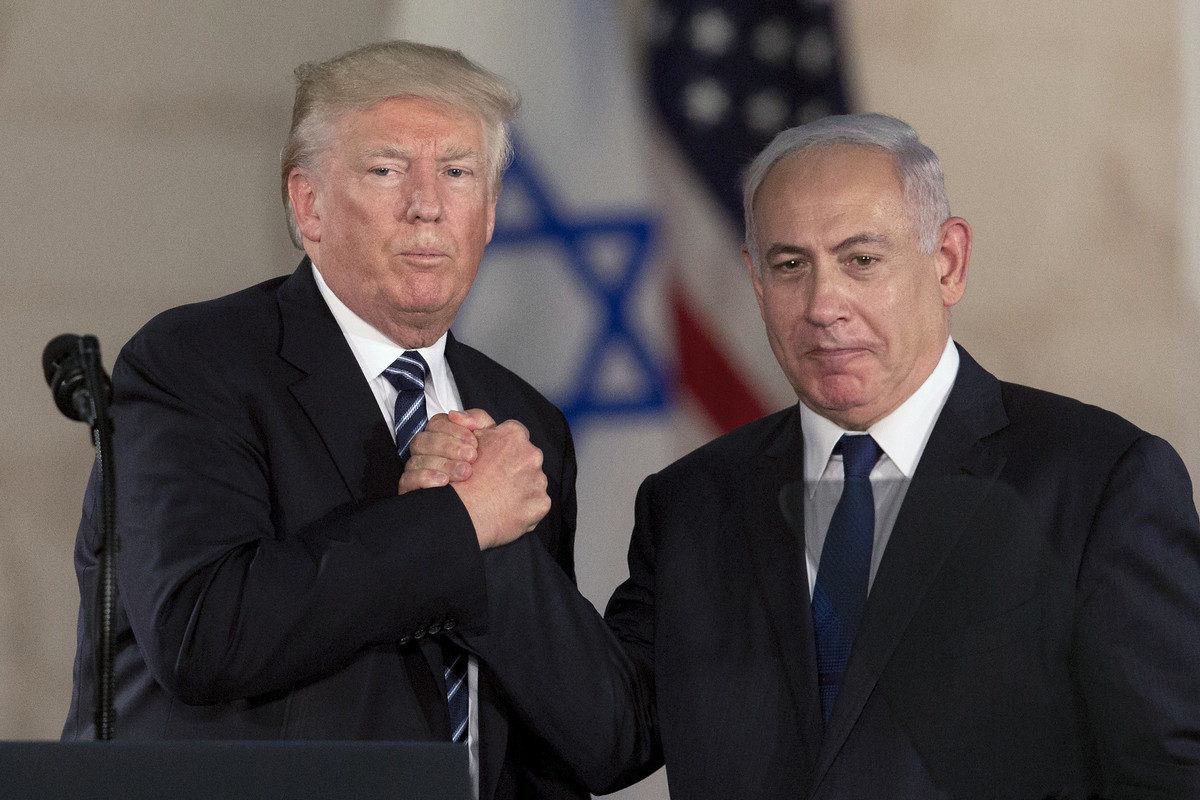Israel Bombs Qatar During Gaza Ceasefire Talks, With US Approval

Israel today launched airstrikes in Qatar, with Israeli military officials bragging about their attempted assassination of Hamas leadership officials, who were in Doha to discuss a US-drafted ceasefire proposal for Gaza. According to reports, Washington was notified in advance of the Israeli attack and gave its approval.
While the Hamas leadership officials survived the attack, five other Hamas members and a Qatari security official were reportedly killed. Along with the human victims, whose deaths were not seen as worthy of any apology or comment by Tel Aviv or Washington, the US ceasefire plan and Washington's former status as a trusted ally of Qatar are likely to be casualties of Israel's aggression.
This attack is extraordinary even by Netanyahu's increasingly deranged standards: the United States tabled a ceasefire plan, Hamas officials gathered in Qatar - location of the largest US regional military base - to review it, and Israel responded by bombing the host nation, with Washington’s blessing.
Nearly two years into Israel’s assault on Gaza, which has killed close to 65,000 Palestinians since October 2023, Qatar has been indispensable to diplomatic efforts. Hosting back-channel talks at the US’s request, it has long provided a venue for shuttle diplomacy. Its reward for that role was to be added to Israel’s target list.
Israel justified the strike by insisting Hamas leaders remain “legitimate targets” even while engaged in discussions over a US proposal. By that logic, negotiations themselves become kill zones and delegates can be bombed at will. The fact that the officials survived is almost incidental; the message was delivered.
For Netanyahu’s regime, hostile to Qatar’s support for Palestinian and Syrian freedom, the attack served a dual purpose: signaling contempt for Washington’s initiative and punishing Doha for refusing to toe the normalization line: Qatar is one of the few Gulf states not to sign the Abraham Accords, rejecting Israel’s push for regional recognition until Palestinian rights are addressed. Today’s strikes could be read as a bullyboy tactic: normalize on Israel’s terms, or remain fair game.
The US role is also damning. Al-Udeid airbase, America’s largest in the Middle East, sits on Qatari soil. By approving the strike, Washington effectively sanctioned the bombing of its own ally — and the torpedoing of its own ceasefire initiative. For all Trump’s rhetoric about “regional stability,” his administration continues to defer to Netanyahu, even at the cost of its shaky credibility.
The implications reach far beyond Gaza. Israel also launched fresh strikes this week on Syria and Lebanon, underscoring its willingness to escalate on multiple fronts simultaneously. Each attack carries the same message: Israel answers to no one, and its US patron will look the other way.
That double standard is further highlighted by Washington’s treatment of Syria’s new leadership. Interim President Ahmed al-Sharaa has been granted a visa to attend the UN General Assembly in New York later this month — but only for four days. The unusually tight restriction, according to diplomatic sources, reflects Netanyahu’s disapproval. That the ICC-indicted Netanyahu is allowed to shape the access of a post-Assad Syrian leader underscores how skewed US priorities remain.
The pattern is stark. A mediator state is bombed while hosting discussions of a US ceasefire plan. A Gulf ally is put at risk with American consent. Syria’s first post-Assad president is granted grudging entry to the UN, while Netanyahu — wanted for war crimes and crimes against humanity — continues to dictate Washington’s terms of engagement.
For Palestinians, the conclusion is brutally familiar: diplomacy exists only until it threatens Israel’s campaign of destruction and displacement. For Qatar, the lesson is clear: hosting talks at Washington’s request does not shield you from Israeli firepower. And for Syrians, the message is bitter: even after overthrowing Assad, their leaders, like all Arabs, remain fifth-class in Washington’s eyes compared to Netanyahu.
Today's Israeli airstrikes in Doha may have missed their intended targets, but the larger point landed with precision. In Netanyahu’s war on the Middle East, no one is safe — not civilians, not mediators, not even America’s supposed other allies. And with Washington’s approval in hand, Israel’s guiding principle stands unchallenged: we can do anything we want, and nobody will stop us.









